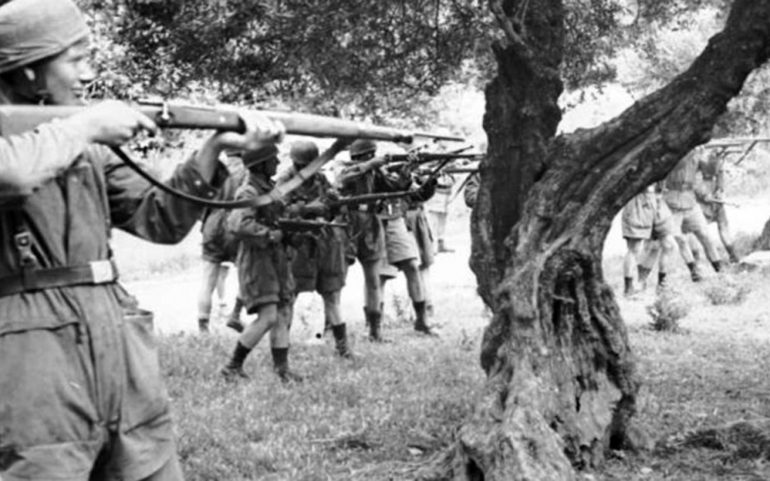History - they say - is written by the winners or by the strong. But what happens in cases where the strong are defeated? Who writes the story then? Again the strong one writes it. Let's not laugh.
And this is exactly what happened in the case of Germany after him World War II. And if there the great crimes against humanity (such as the Holocaust) could not go unnoticed, the defeated and severely wounded Germany was the one that managed not only to stand on its own two feet in a record time but also in a short time to be it. which will set the conditions on the political and economic "chessboards".
How easily he could do such a thing is shown by many different stories across Europe. Greece is not absent from them, which on a very theoretical level was one of the winners of the largest massacre ever witnessed by mankind.
For Greece, then, this story has been marked by two names and plenty of political background. The first name is the well-known "Butcher of Thessaloniki", Max Merder. The second name, and perhaps the least known story, is that of Hans Gunder Kolves.
A participation in the Acropolis Rally different from the others
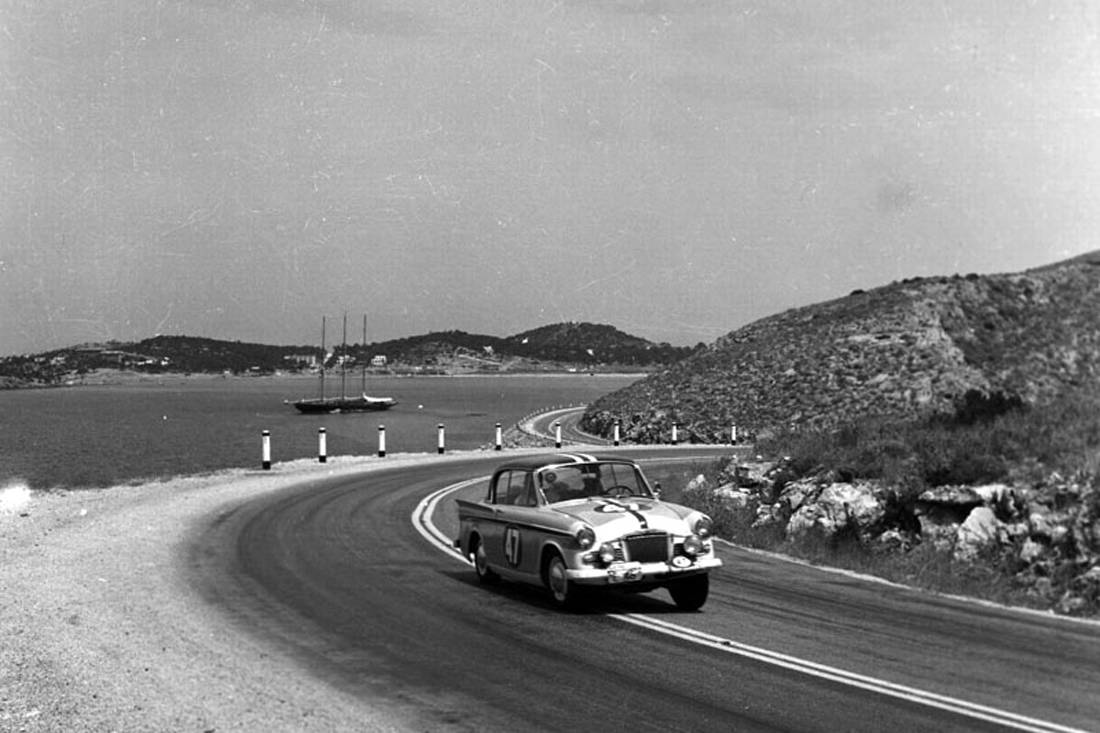
At 10 in the morning of Thursday, May 28, 1959, the area under the Holy Rock of the Acropolis was flooded with people and racing cars. It was time to start the 7th "Acropolis" rally with the participation of crews from 15 different countries.
Among the impressive cars there is one Mercedes 190 D, whose co-driver was an extremely interesting person who thought that his presence in our country would go unnoticed. This is the then 46-year-old Hans Guder Kolves.
He, in fact, had taken part in the immediately preceding Acropolis Rally, that of 1958 but without achieving anything special. Kolves regularly participated in European rallies even before World War II and was known to motor sports enthusiasts.
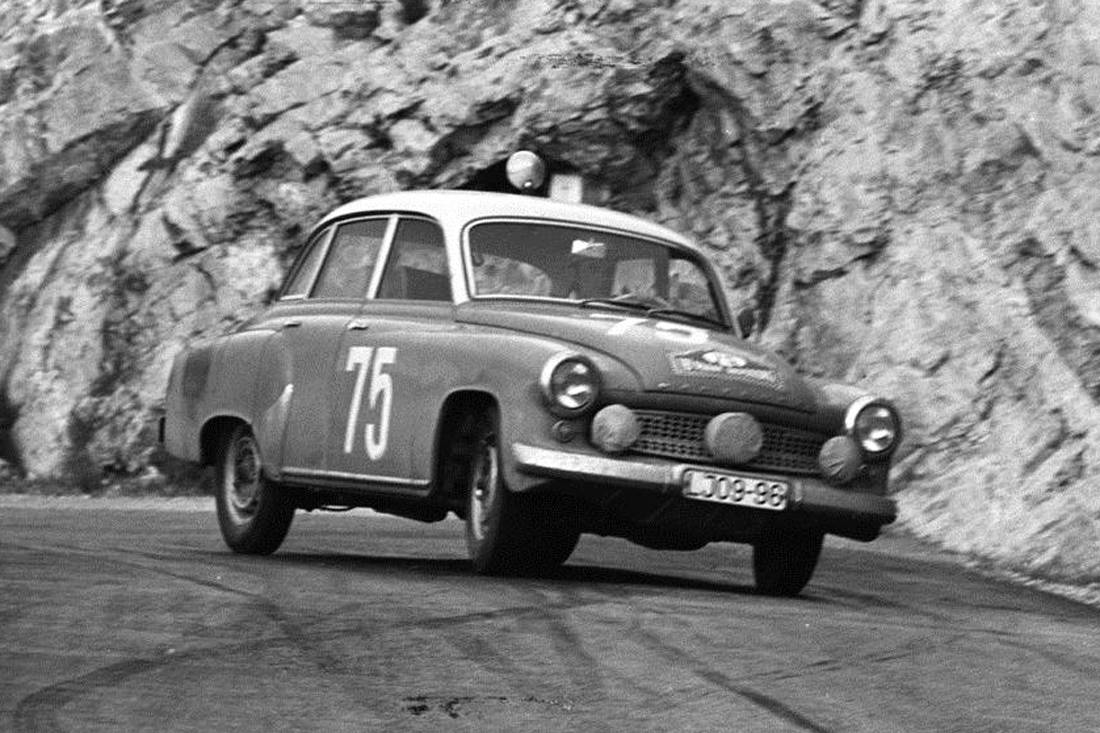
At the 7th Acropolis Rally, the car in which Kolves was co-driver finally finished in 11th place. On June 2, when the checkered flag fell, the heir to the throne Constantine had awarded the winners the prizes, while later in the evening the ELPA hosted a dinner in Glyfada in honor of the foreign drivers who participated in the Rally. The next day the foreign missions would leave for their countries. This would be the case with Hans Gooder Kolves.
The Nazi officer who took hostages in Crete
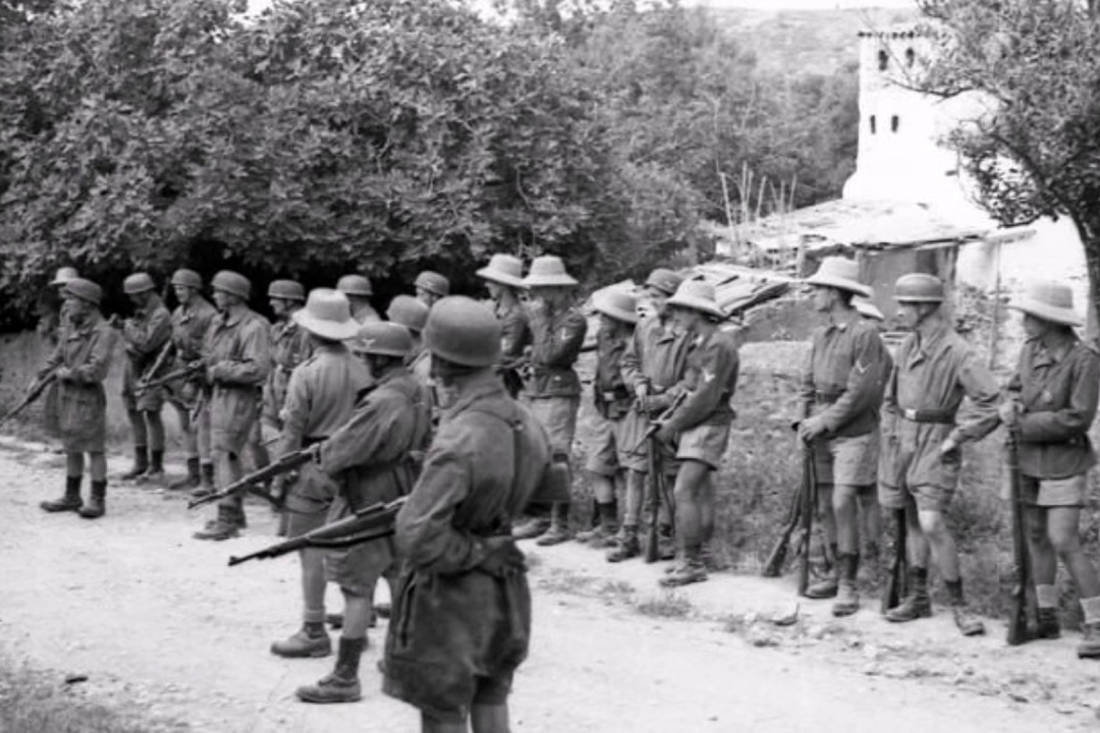
The German would travel with the steamer "Agamemnon" that operated the route Piraeus-Brindisi-Venice. He arrived, therefore, in the largest port in the country and would have to go through passport control. Unfortunately for him, however, a Cretan policeman, Spyros Vasilakis, was on duty there.
When Kolves gave Vasilakis his passport for the necessary check, the policeman found that the German's name was on the list of internationally wanted Nazis for war crimes and an arrest warrant was pending against him!
The Wehrmacht officer Hans Günter Kolves, as stated in his book "Forgotten Headlines" by journalist and investigator Giannis Ragos (published by Polaris 2016), had served in Crete where he committed a series of crimes culminating in the execution on January 4, 1944. in Akrotiri, Chania. The Greek War Crimes Bureau had included Kolves in the list of wanted persons in Greece since February 1956. Nazi, while on April 10, 1958 he issued an arrest warrant against him.
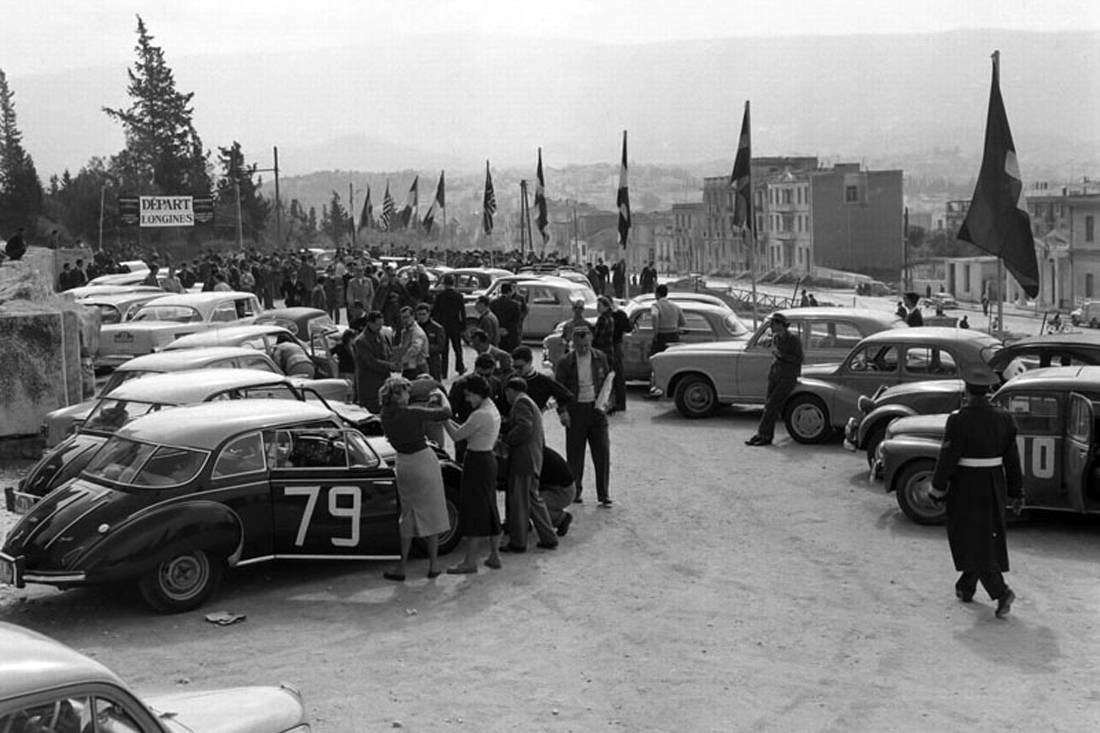
As he should have done, the policeman forbids the German to board the steamer and informs him that he is being arrested. Kolves asks to make a phone call to his country's embassy. Vasilakis, as he was obliged, allows it, but a little while later and while he was preparing to transfer the wanted person to the War Crimes Office in Athens, he received a phone call.
At the other end of the line was someone "special" from the Undersecretary of State who essentially demanded the release of Γερμανός detained. The policeman, however, asked to speak directly with the Undersecretary. When Vasilakis succeeded, he was surprised as he was ordered "to immediately stop the detention of the German citizen in order to be able to leave by steamer".
He left as a gentleman and then they were looking for responsibilities
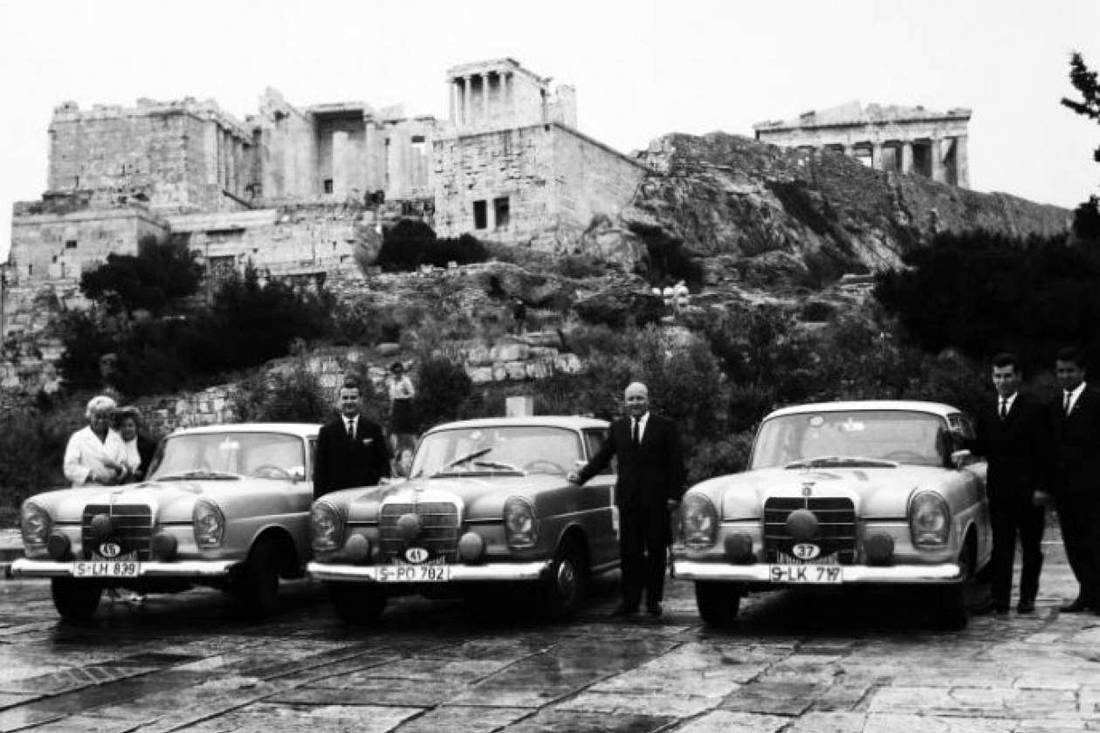
That's done. Kolves boarded the steamer, left Greece as master and left behind debris as (as is usually the case in such cases) the ball was thrown from one side to the other with the obvious goal of losing it at some point.
The only one who reacted, but without actually changing anything, was the special investigator of the Greek War Crimes Bureau, Ioannis Grafianakis, who sent an urgent telegram to the captain of "Agamemnon", Ioannis Polychroniadis, asking him to call the German and interrogate him. if and when he had served in Greece as well as how it is connected with the execution of hostages in Akrotiri, Chania.
Polychroniadis invited Kolves to his private cabin. When he explained the reason, the German asked to contact her once again German embassy. The master obviously allowed it. When the NaziThe realist returned to his master's cabin and clarified that he refused to answer any questions.
As stated in his testimony by Captain Polychroniadis, he forced the German wanted man to formulate his refusal with a written statement which Kolves submitted without objection, given that he knew very well that his freedom was guaranteed.
The theater of the absurd was completed shortly before the steamer reached the port of Venice. The Greek local consul sent an order to the captain of "Agamemnon" to let Kolves and his companion free to disembark!
Back in Greece, a political feud broke out between the government and the official opposition, while at the same time the judicial investigation of the case began. The terrible thing is that the Deputy Public Prosecutor for Misdemeanors, after investigating the case, submitted his conclusion to the Chief Prosecutor of Athens, requesting that charges be filed "for the release of a prisoner", including the Piraeus Police Director, the captain of the steamship and the steamer! All of them were finally released in February 1960.
In essence, however, all this was nothing more than a game of impressions, as there was Law 3933/1959 which provided for the amnesty of cases such as the Colbes and which was one of the results of a "confidential annex" to the agreement had been signed by K. Karamanlis with the then chancellor of Germany in exchange for a loan of 200 million marks for infrastructure projects and 400 million marks for investment financing, while at the same time Greeks would be allowed to go to West Germany to work in factories.
